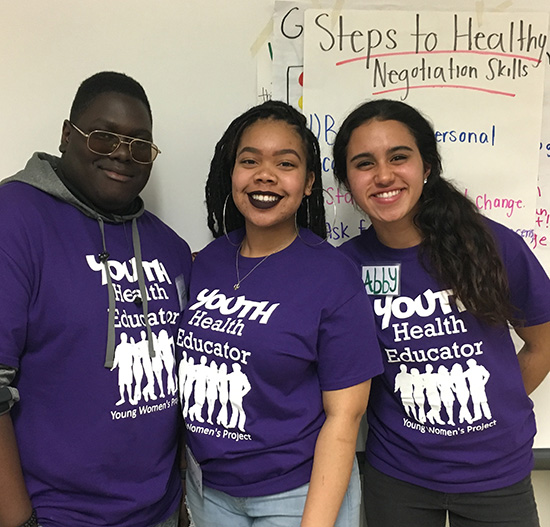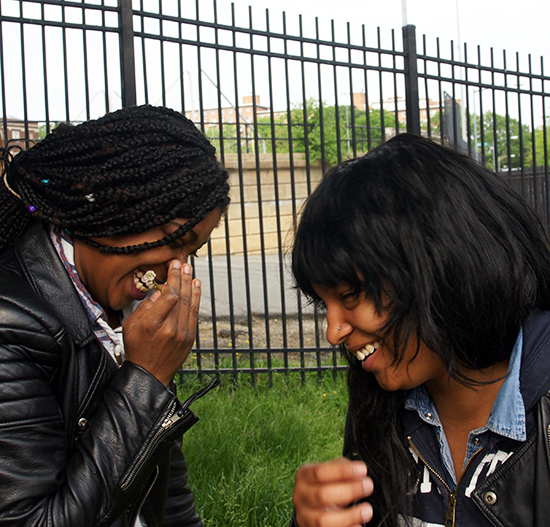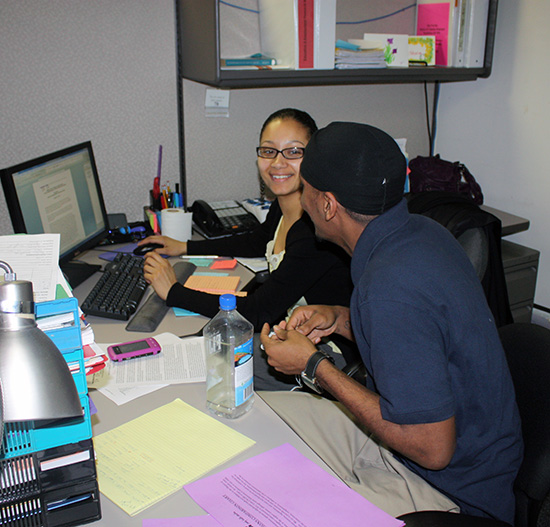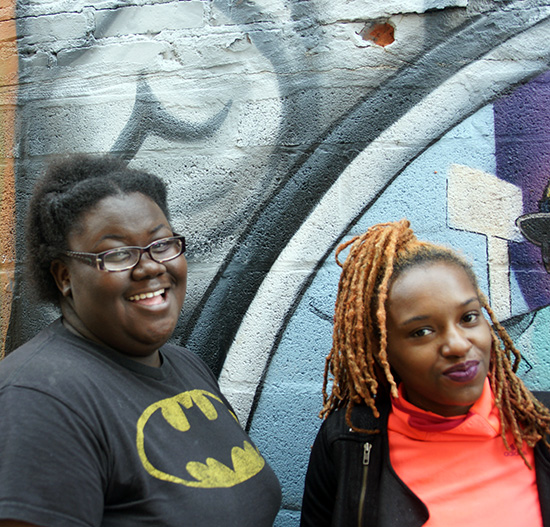Building Self Advocacy and Agency
Self-advocacy training allows youth to master the basic skills of communication, problem solving, conflict resolution, and goal setting-action planning and use them to advance their own rights and opportunities to navigate the complex and difficult systems of child welfare, education, and health care. Including 50 hours of skills building and issue exploration, self-advocacy allows youth to master the basic skills of communication, problem solving, conflict resolution, and goal setting-action planning and use them to build power, solve problems, expand support networks, and advance their own rights and opportunities. Most of our youth experience significant personal growth and overcome many obstacles. Most have improved and expanded their permanent relationships, worked through health challenges, saved money, became strong self-advocates, advanced grades and onto college, and are managing to hold down jobs and housing.






